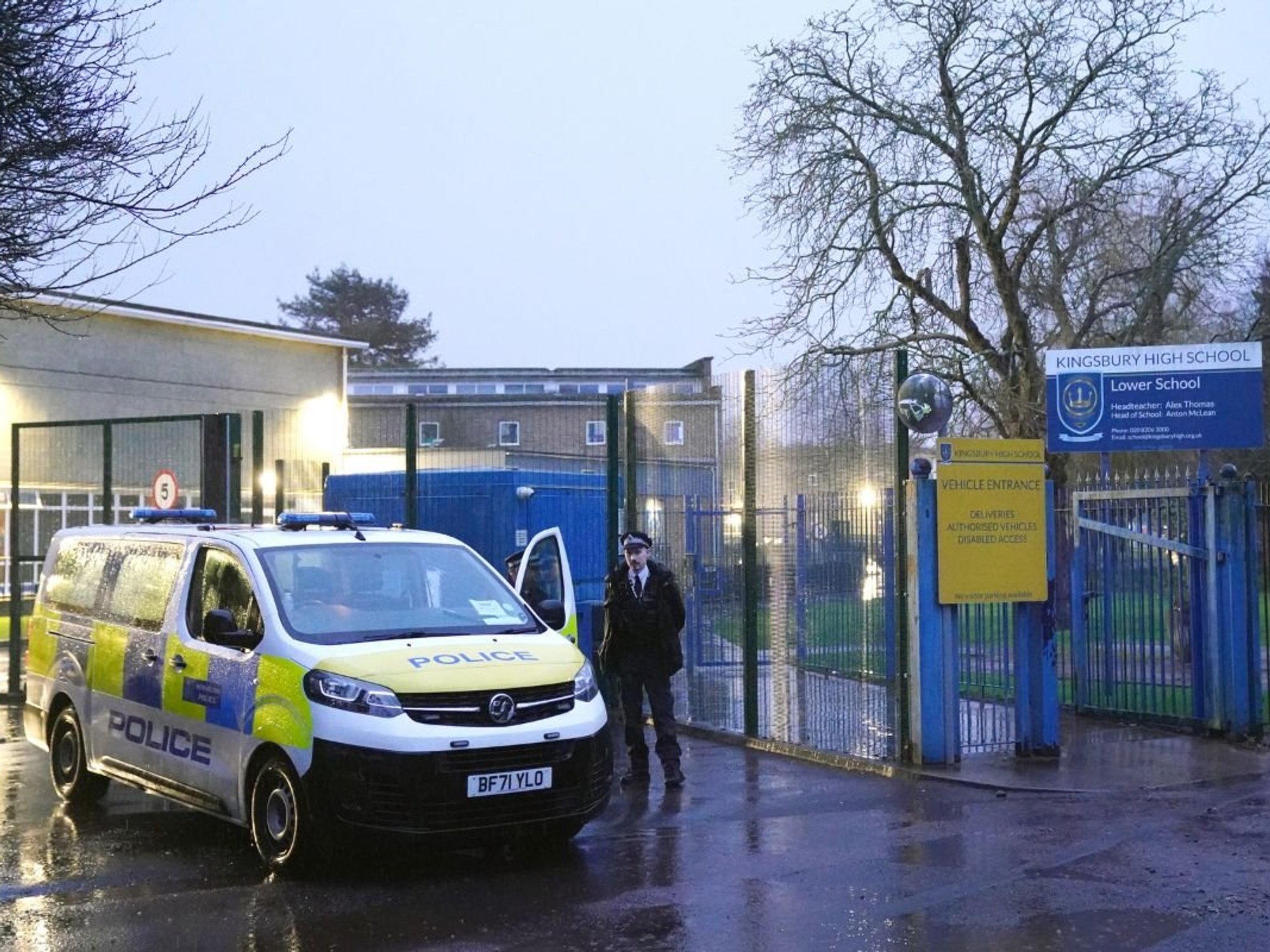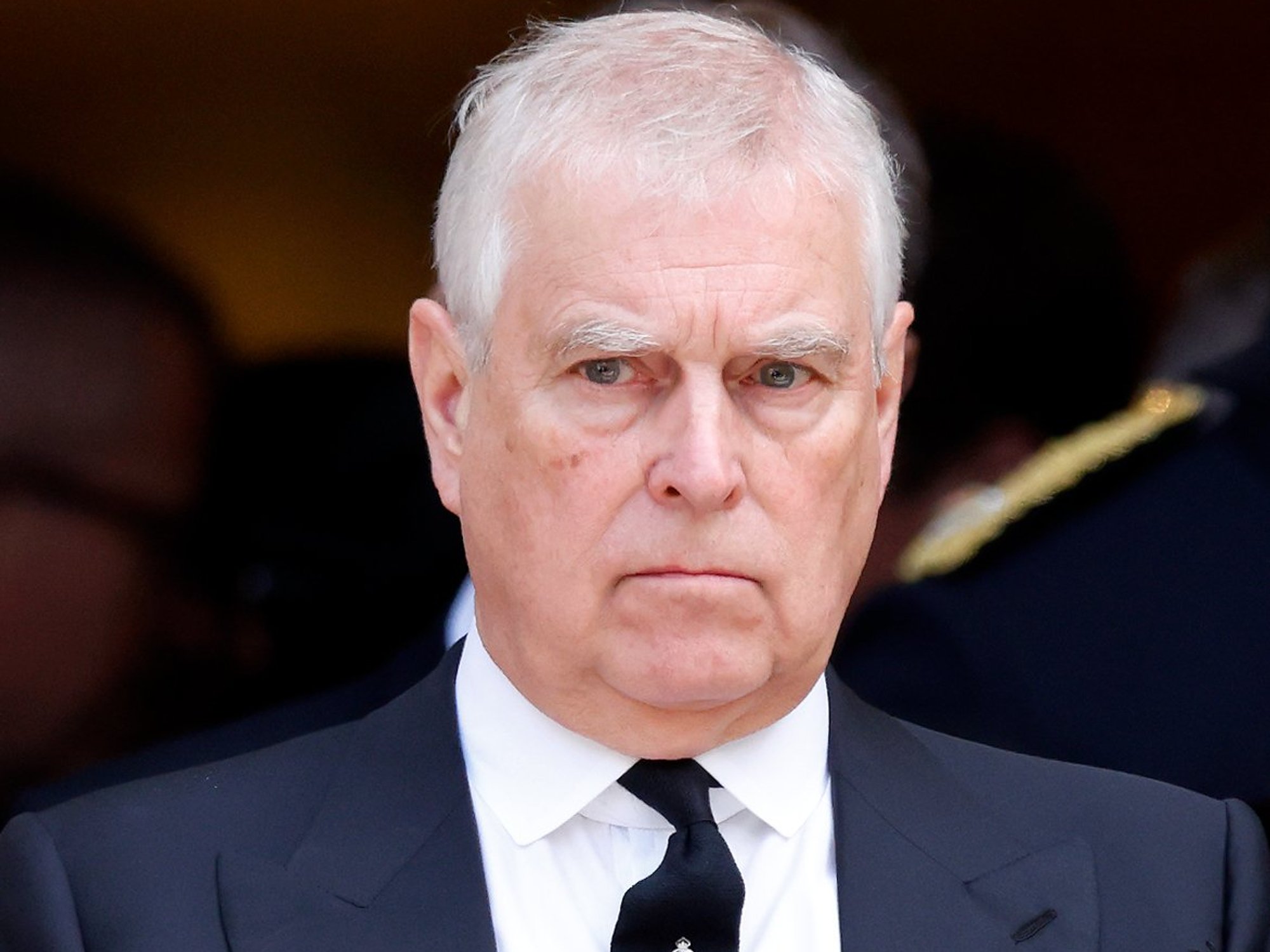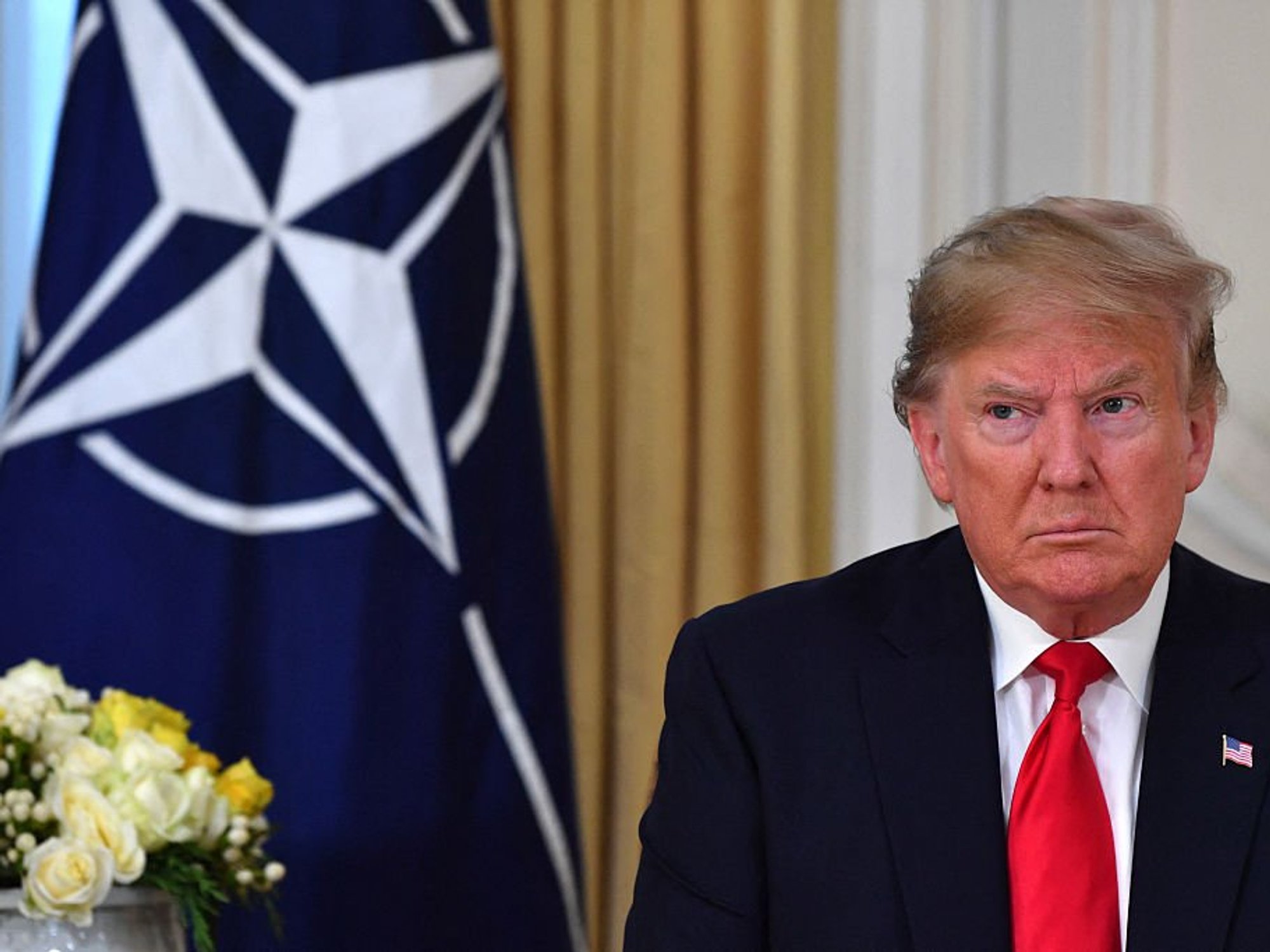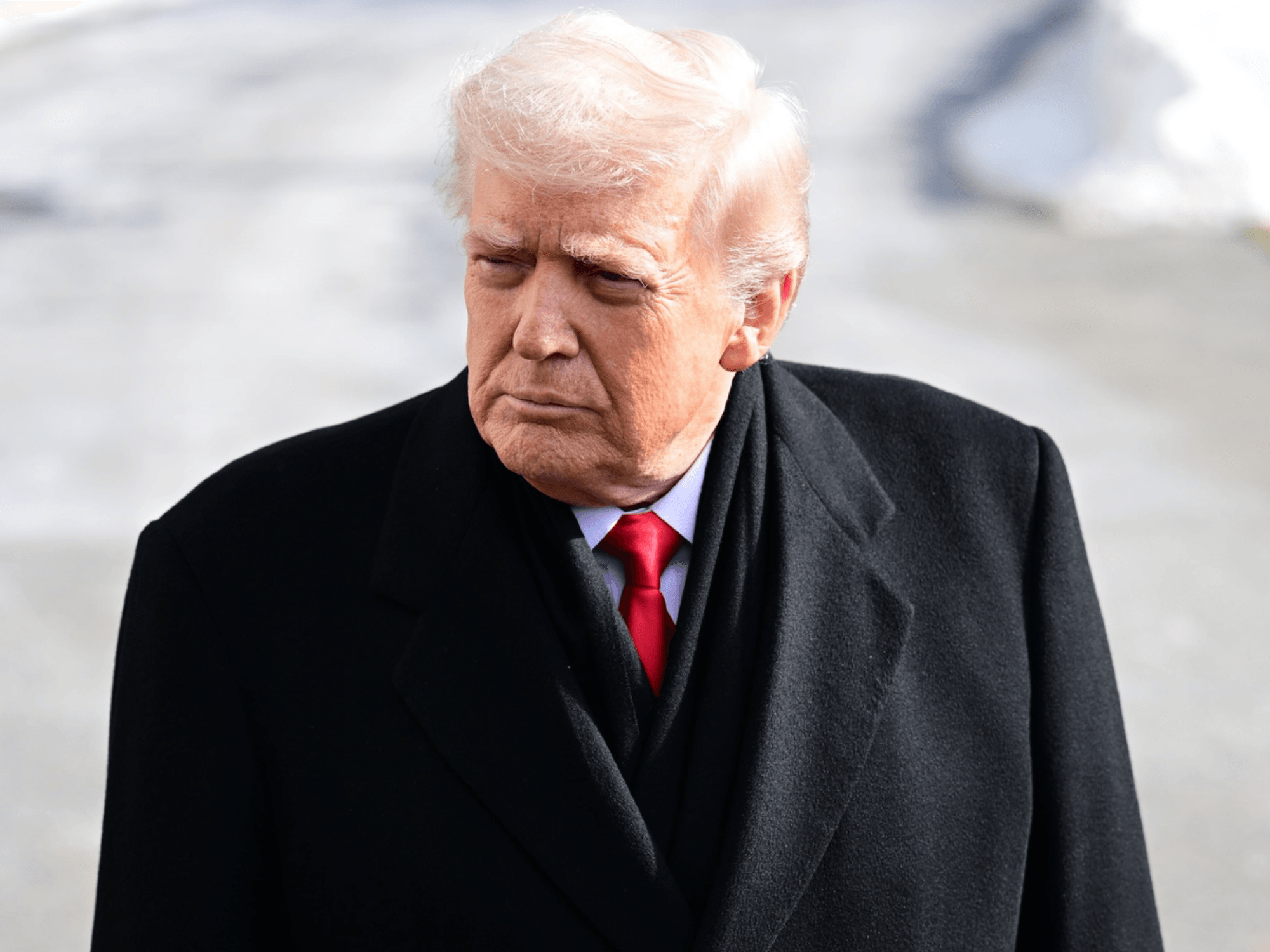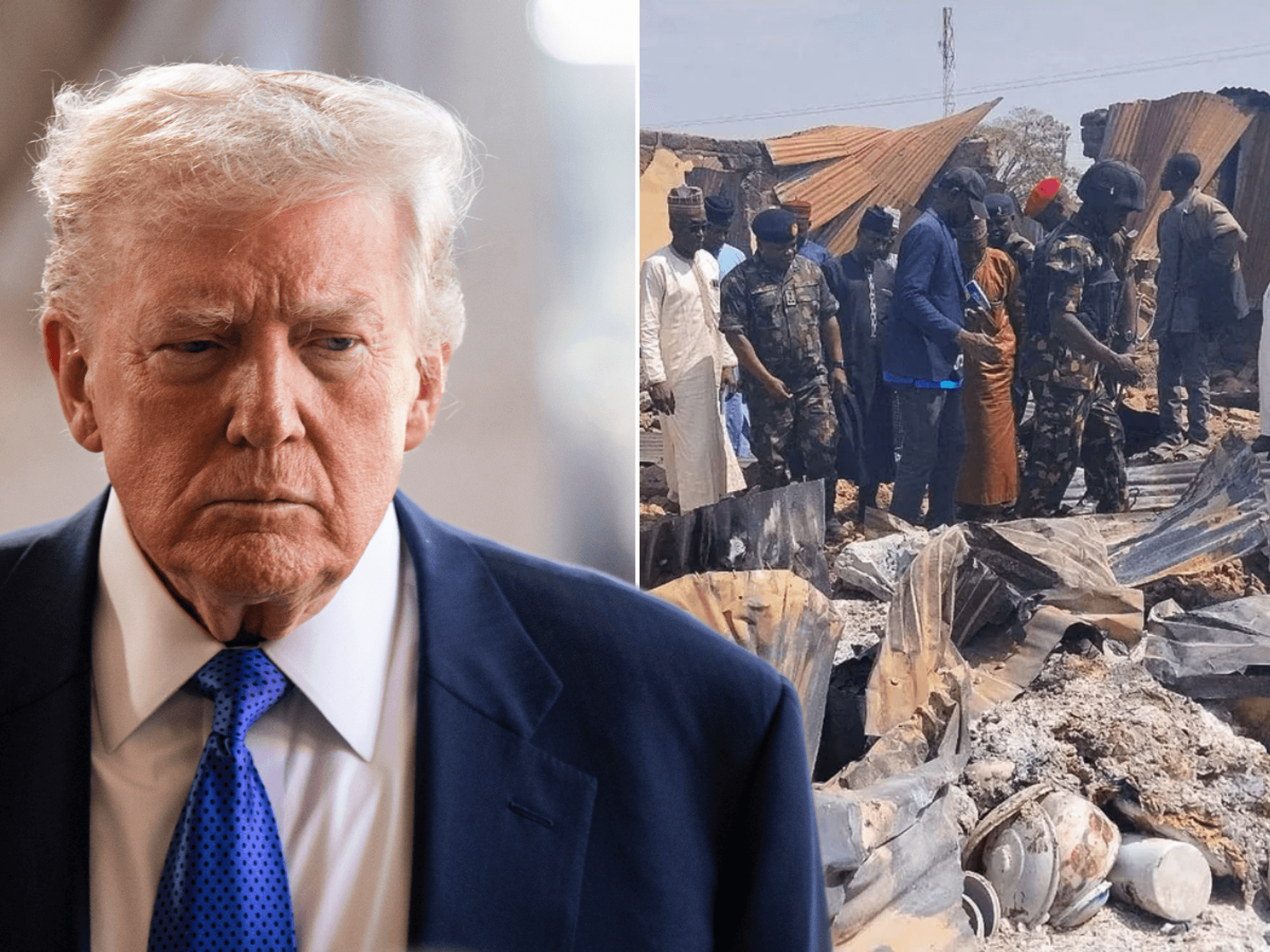Donald Trump’s ‘blinder’ explained as Mark White warns ‘all bets are off’ after Iran’s missile blitz
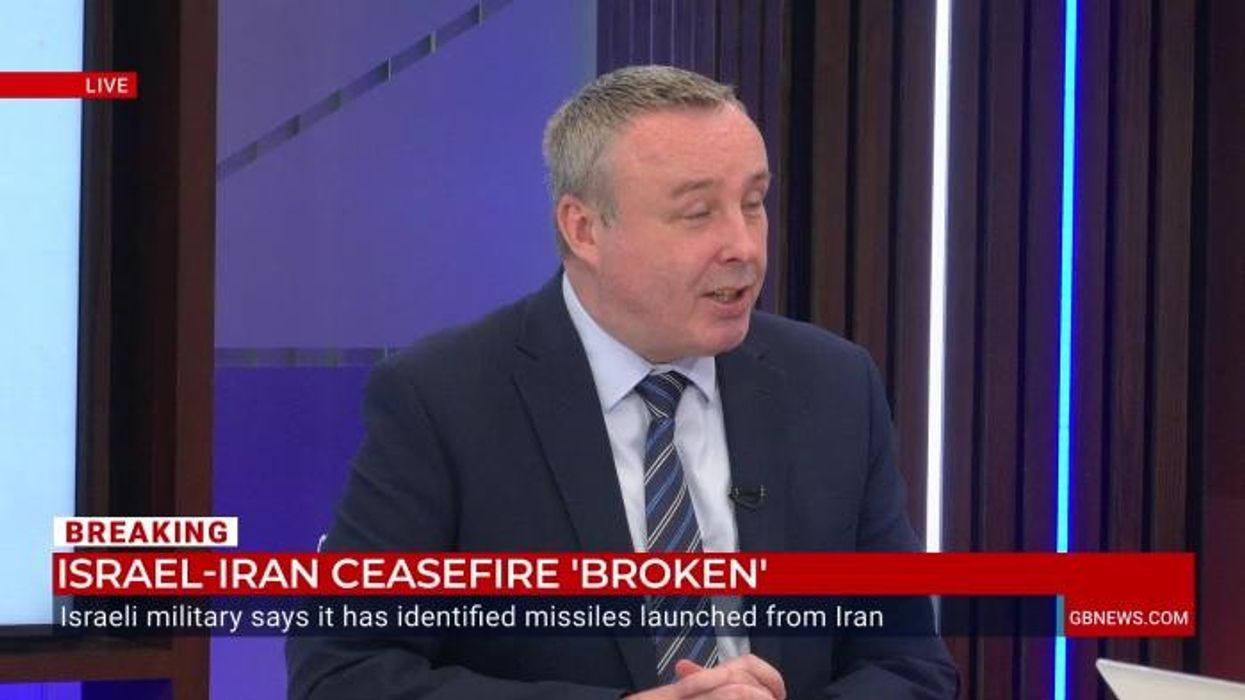
GB NEWS

Mark White says Trump is keen to avoid 'the mistakes of past Presidents'
Don't Miss
Most Read
Trending on GB News
GB News Home and Security Editor Mark White has praised President Trump's handling of the Israel-Iran ceasefire negotiations, suggesting the US President "played a bit of a blinder" in his diplomatic approach.
Speaking about Trump's announcement of a "complete and total ceasefire" between the two nations on Truth Social, White highlighted the President's strategic positioning.
"You get those who hate everything Trump stands for and will not acknowledge it, but it seems he has played a bit of a blinder," Mark said.
The GB News Home and Security editor noted Trump's well-known aversion to foreign military adventures, explaining that whilst the President "did not want to repeat mistakes of previous Presidents", he had demonstrated there were clear limits to his tolerance.
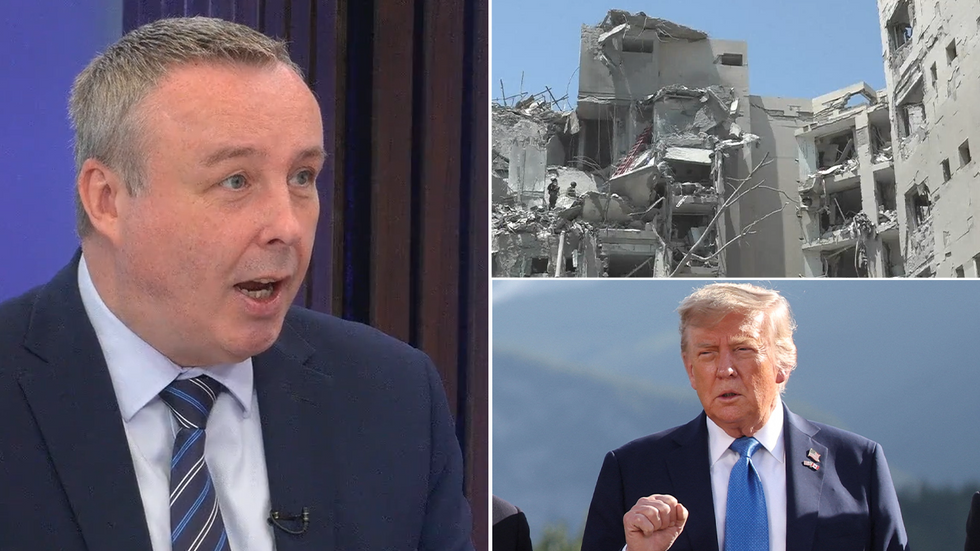
Mark White spoke about Donald Trump's efforts to bring about a ceasefire
|GB NEWS / PA
However, Mark expressed concern that a missile strike following the ceasefire's implementation could derail peace efforts by providing justification for Israeli retaliation.
"That's why this morning is so strange, that we should get a ballistic missile launched after the ceasefire came into effect," he said.
LATEST DEVELOPMENTS
- Iran breaks ceasefire deal just hours after striking pact with Israel to end missile assault
- POLL OF THE DAY: Is regime change the only solution in Iran? VOTE NOW
- Priti Patel rages over ‘frozen’ Israeli ties as she sends blunt message to Labour: ‘I repeat’
The People's Channel star warned that the post-ceasefire strike would embolden Israeli hardliners seeking to continue military action.
"It will give the Israeli hardliners an excuse to go back to Iran," he explained.
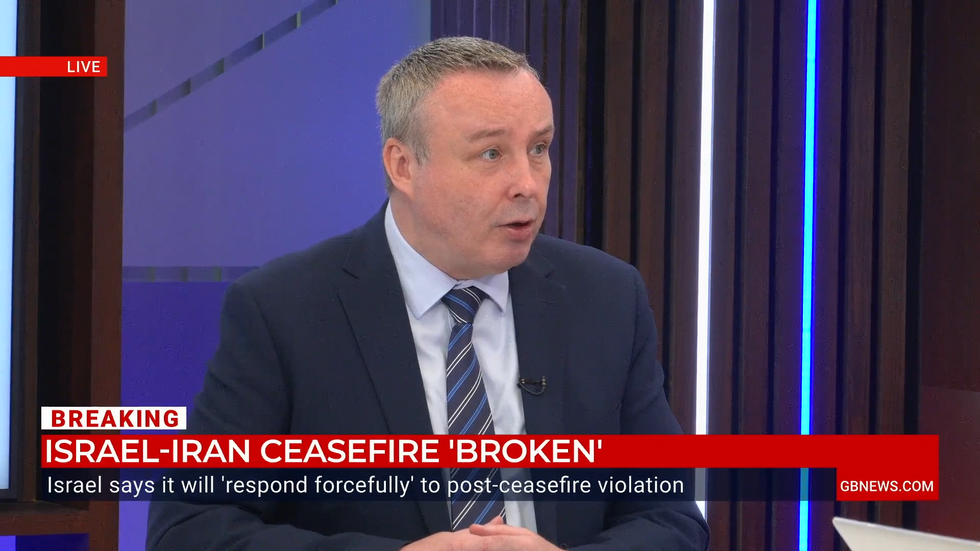
Mark White said many will not be willing to admit Trump's 'blinder'
|GB NEWS
Mark referenced a significant attack on Beersheba in the hours before the ceasefire, where four people died and dozens were injured.
He noted that whilst Benjamin Netanyahu appeared willing to abide by the ceasefire despite this earlier attack, the subsequent missile strike had changed the situation entirely.
"But now, all bets are off," Mark concluded.
Mark analysed how Iran's initial missile strikes on a US base in Qatar had been carefully calculated to avoid escalation whilst allowing Tehran to save face domestically.
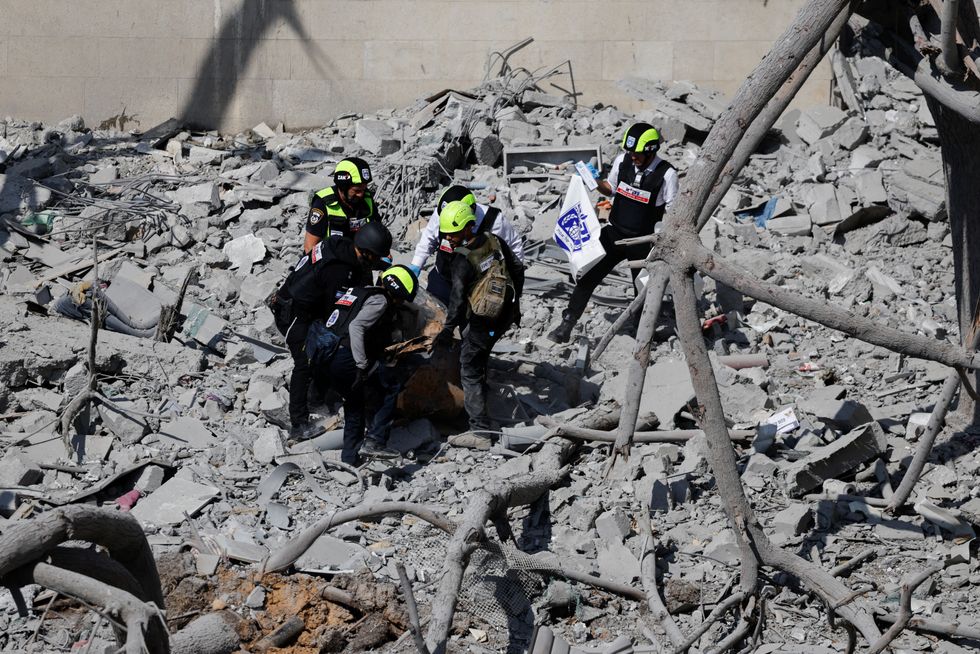 Emergency personnel work at an impacted residential site, following a missile attack from Iran on Israel | REUTERS
Emergency personnel work at an impacted residential site, following a missile attack from Iran on Israel | REUTERS"It's clear from last night the way in which Iran conducted a missile strike on the … base. It was providing an off ramp, it would give a warning and there was plenty of time to get people out of the way," he explained.
The security editor suggested this approach would have allowed Iran to claim victory against "the great Satan" whilst moving towards ending hostilities.
"They could tell their people they struck 'the great Satan' and all is good. Then they go down the road to ending hostilities," Mark said.
However, he noted that "for whatever reason, a ballistic missile has come across", disrupting what appeared to be progress towards peace.
Despite the setback, Mark expressed hope that peace efforts could be salvaged.
"The hope has to be, there will be a tit for tat but we can get back on that road for peace," he said.
The security editor emphasised Trump's broader foreign policy approach, noting his reluctance to pursue regime change in Iran.
"He did not want to go down that potentially messy road of taking out the current regime and you don't know what you're in for further down the line," Mark explained.
Trump's ceasefire announcement had followed US strikes on three major Iranian nuclear facilities - Fordow, Natanz, and Esfahan - after Iranian missiles targeted American bases in Qatar.
The President had declared both nations would implement staggered ceasefires over 24 hours, though Iran's Foreign Minister subsequently denied receiving any formal ceasefire proposal from Washington.






